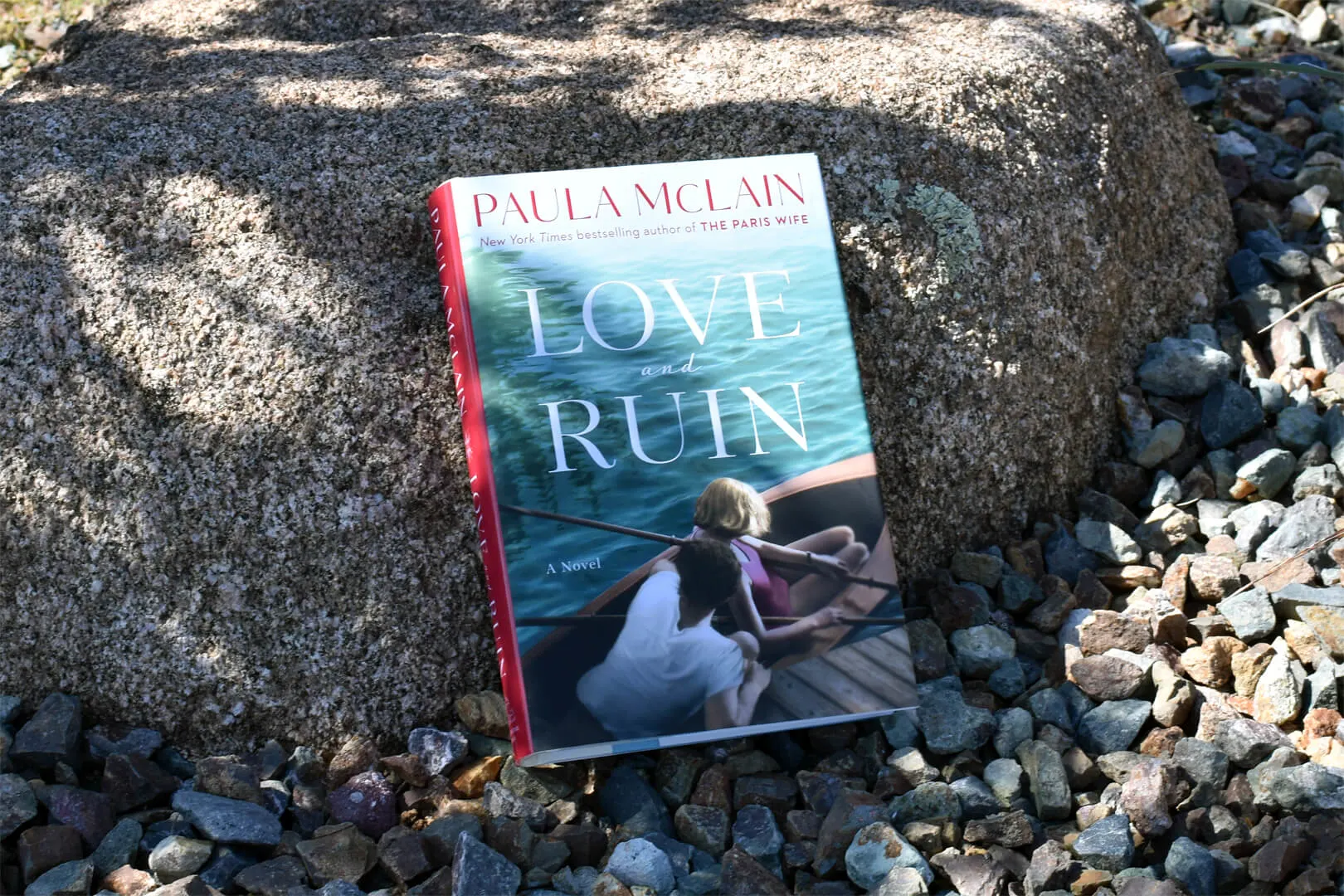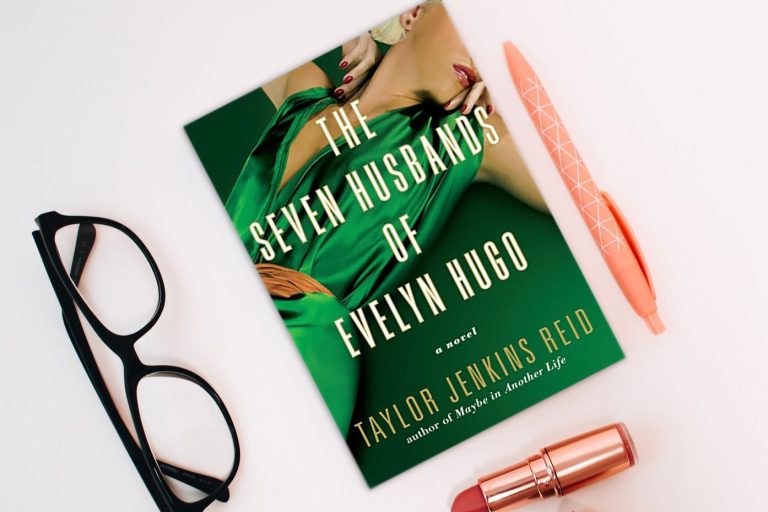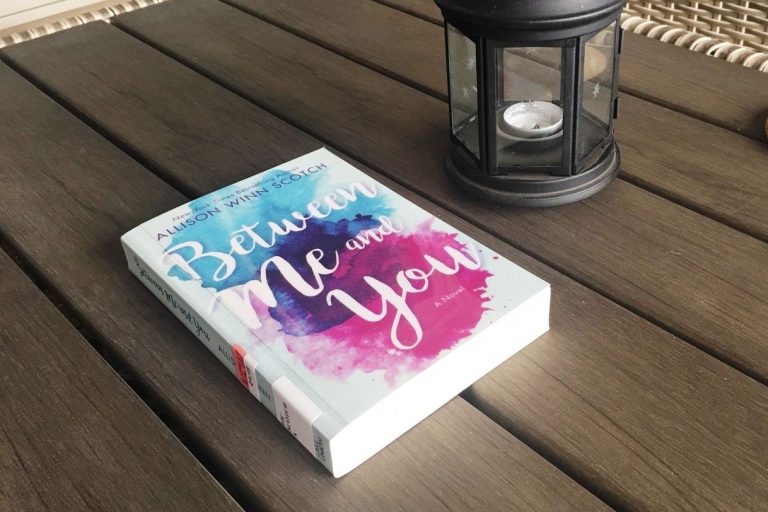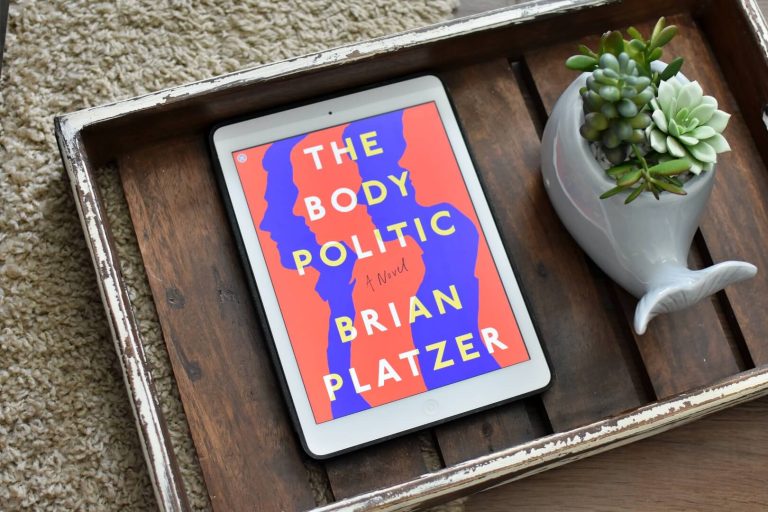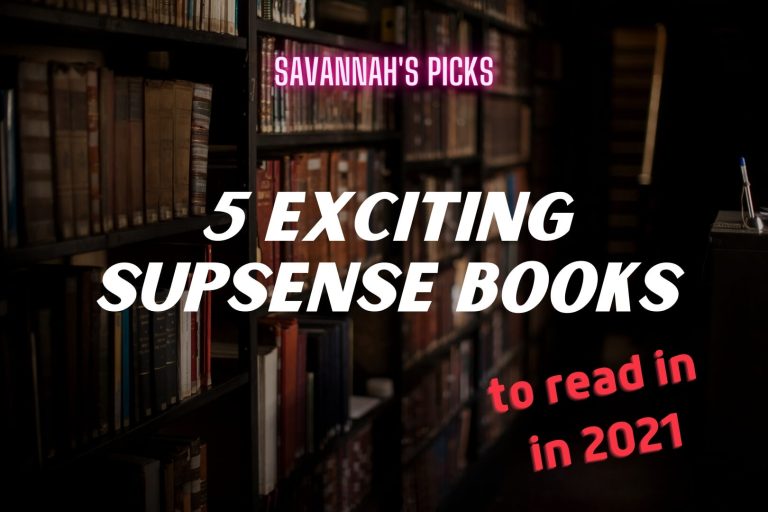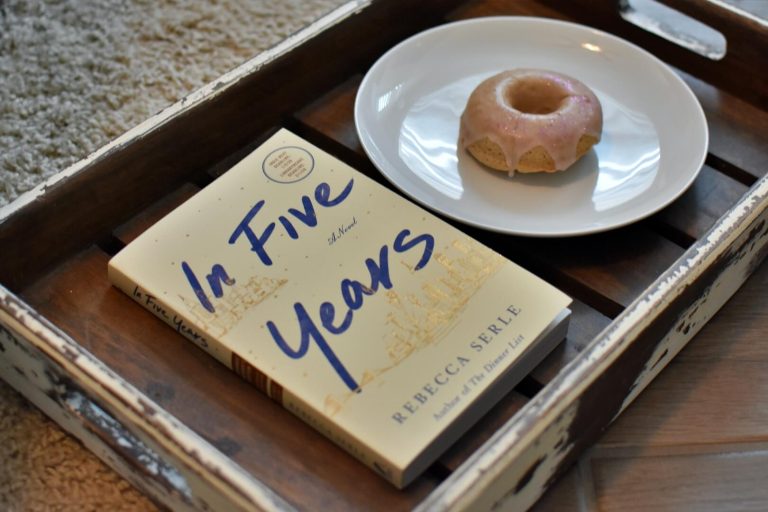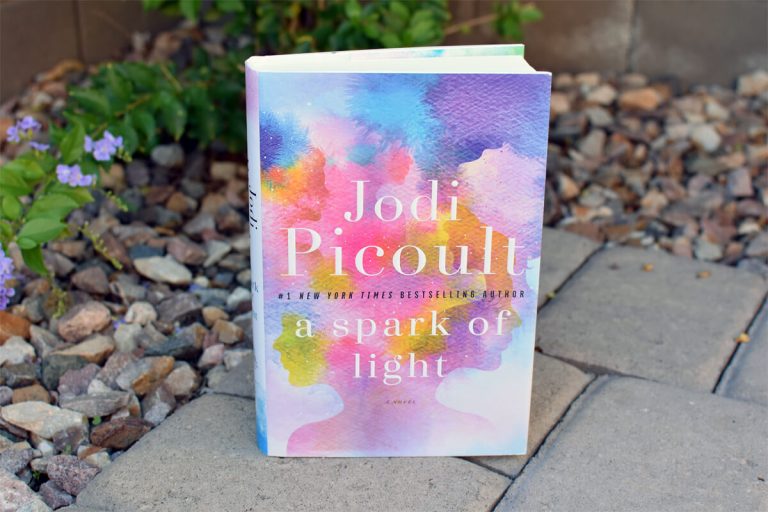I’m still thinking about Love and Ruin by Paula McLain. The story takes you on Martha Gellhorn’s journey to forging a path as her own woman and writer. It’s heartfelt, sad at times and Gellhorn is very inspiring. You know the conversation starter question, if you could have dinner with anyone: dead or alive? Martha Gellhorn is definitely on my list. The following book club questions will have spoilers, so if you haven’t read the novel yet, check out my preview and review first.
Paula McLain knows how to write women very well and she is now officially one of my favorite authors.
I read the entire book on a plane ride from Phoenix to Orlando. I’ve almost wish I drew out the story longer but once I began, I had to finish it. Anyone else know that feeling?
While ‘love’ is in the title and there is love at the start between Gellhorn and Hemingway, there’s plenty of war details as well. McLain did not shy away from describing the different war conflicts. One reason this is impactful to Gellhorn’s ambition is that she gets the courage to write about what she sees during the Spanish Civil War because she realizes she can give a voice to those who don’t have one. Without that vivid, horrid war imagery, Gellhorn’s motivation for staying and reporting in war conflicts might have been a bit more blurred.
So in other words, if you were expecting only a love story, this was not the case, which in my opinion, made the story stronger.
Let’s get into the book club questions.
- Prior to reading Love and Ruin, what did you know about Martha Gellhorn?
- For those who also have read The Paris Wife, which one do you like better? Why? How is Gellhorn different from Hadley Richardson?
- The book starts with a prologue with disturbing details about the start of the Spanish Civil War on July 13, 1936. Why do you think McLain decided to start with that moment in time for the start of the book?
- When we meet Gellhorn in chapter one, she tell us that she’s a born traveler and that by age twenty-six, she’s seen most of Europe. Why do you think Gellhorn urge is to ‘always be on the move’?
- Gellhorn has a complicated relationship with her father, she’s always seeking his approval that she never quite obtains. How do you think her relationship with her father shapes the ones she develops with men?
- The book takes off with Gellhorn’s fateful encounter with Hemingway when she’s in Key West. What did you think of their initial interactions?
- Why do you think Gellhorn felt such a desire to go to Spain to cover the war?
- Gellhorn had an indication that while Hemingway is a larger-than-life persona, there’s hardships that come with that. At first, Gellhorn declines Hemingway’s advances. But she does eventually fall for him, among the chaos of covering the war. Why are the two drawn to each other?
- When Gellhorn witnesses a little boy’s death, it propels her to write what she’s seen and she says “the day war stopped being an idea, and became personal.” What is the significance of this for Gellhorn and her path as a journalist?
- There’s some interesting details about Eleanor Roosevelt and her friendship with Gellhorn. What did you think about this part?
- What did you think about the brief sections that gave us a look into Hemingway’s thinking from his perspective? How did that help aid the story?
- The Cuba portions focus on not just their love but also their desire to write something great. But we also see hints of Gellhorn feeling competitive to Hemingway. Their love of writing bonded them but also made them drift apart, why do you think that is?
- While they continue to stay together, there are hints of each one not wanting to settle down in a typical domestic lifestyle. How did that viewpoint begin to create fractures in their relationship?
- When Hemingway experiences massive success with For Whom the Bell Tolls, it’s not the same for Gellhorn. How does this impact Gellhorn as his wife and a writer?
- Hemingway starts to turn to the bottle more, his messiness is more apparent and his angry fits become unbearable. And then, he tries to block Gellhorn’s way to cover WWII. Why do you think Hemingway did this? Jealously, fear of her losing her, or is it something else?
- In the end, Gellhorn leaves him and the dysfunction behind. Do you think the relationship was doomed from the start or do you think they could have made it for the long hall?
- Did reading Love and Ruin encourage you to read both Gellhorn’s and Hemingway’s writing?
